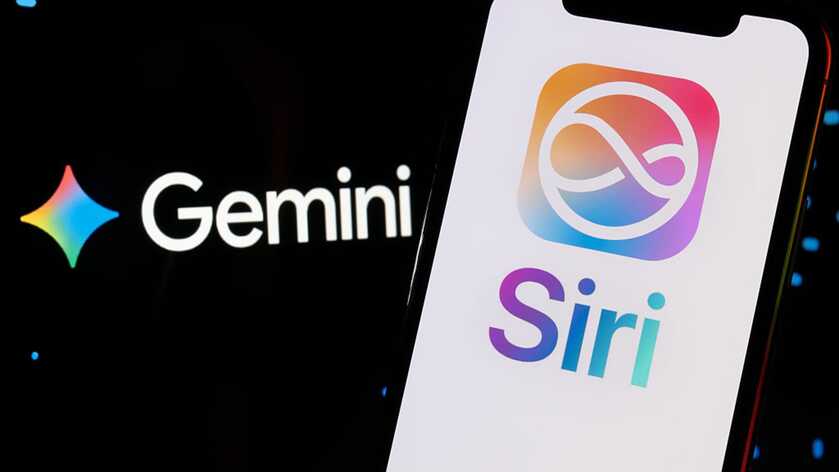In 2023, Tea, a dating discussion app designed to provide women a safe space to share feedback on men they date, launched and quickly gained traction, particularly in the U.S., where it soared to the top of the Apple App Store rankings.
The app's popularity among mostly left-wing women, stemmed from its promise to empower women by helping them identify red flags in potential partners, resonating widely on social media.
However, its rapid rise was marred by a significant setback this year, when a massive data breach on July 25, exposed sensitive user information, including photo IDs, selfies, and comments, due to an unsecured legacy storage system.
Just days after the initial breach, which involved approximately 72,000 images, a second, more severe breach came to light, further eroding trust in the app. This breach exposed over 1 million private direct messages, revealing deeply personal conversations among women, including discussions about infidelity and abortion.
The exposure turned Tea, an app meant to protect women, into a privacy nightmare, undermining its core mission and leaving users vulnerable.
An independent researcher reportedly uncovered additional details, revealing the extent of the sensitive data accessed, which included intimate user conversations, according to 404 Media.
Tea’s response to the crisis attempted to downplay the second breach, with the company claiming it was part of the initial incident rather than a new breach. In a statement, Tea acknowledged that some direct messages were accessed but maintained that no evidence suggested broader system compromise. The company also announced it had taken the affected system offline as a precautionary measure, though skepticism persisted about the accuracy of their claims.
The company’s assertion that the exposed messages were tied to the original breach has been met with doubt, as the scale of the exposed data—particularly the private messages—appears far greater than initially reported.
Critics argue that Tea’s attempt to frame the incidents as a single event may be an effort to minimize public backlash and scrutiny. The discrepancy between the company’s narrative and the reported scope of the breaches has fueled distrust among users.
For an app built on the premise of creating a safe space for women, the breaches represent a profound betrayal of trust. Users who inexplicably thought that such an app is a good idea, and relied on Tea to discuss personal experiences and identify problematic behavior in dating now face the risk of their private conversations being exposed.
The scandal has damaged Tea’s already tarnished reputation. The app has been roundly mocked online as haven for "angry and ugly women" and slammed for encouraging potential defamation and toxicity in relationships.















